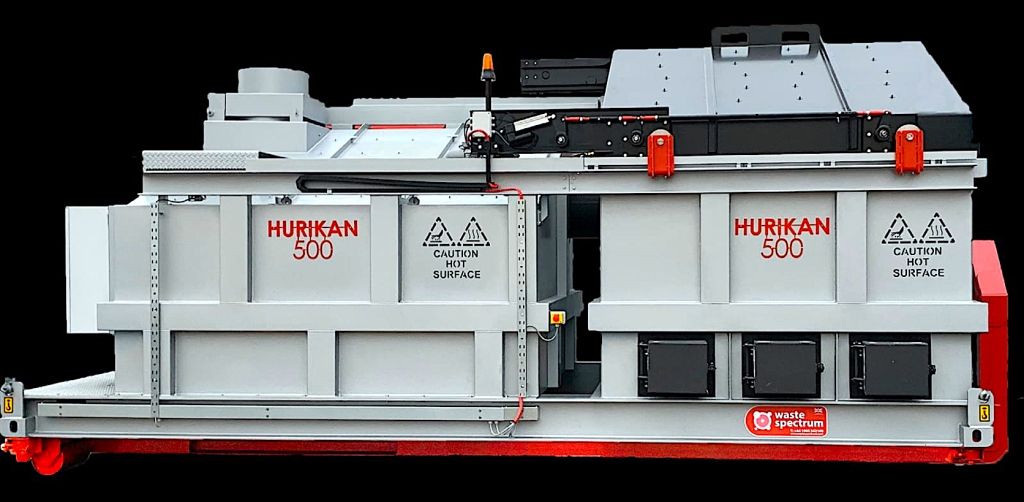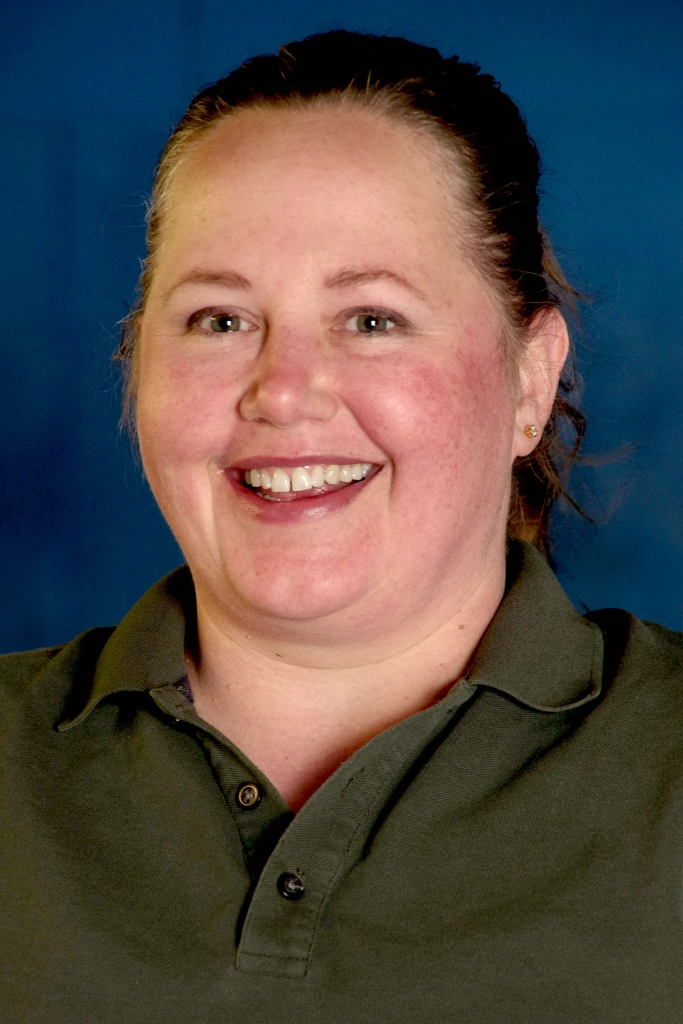
Mara Rozitis leads Signature Swine Solutions, offering profit-driven consulting and practical support to the swine industry. With over 25 years of experience, Mara recognized the need for a service combining strategic consulting with hands-on farm assistance. This approach enhances productivity while engaging farm staff.
While continuing with Signature Swine Solutions, which integrates advanced techniques with practical leadership to boost production and cut costs in swine operations, Rozitis will add a new division to her company.
She still provides skilled temporary labour for staff shortages, illness, or production challenges to ensure smooth operations during critical periods. However, she plans to become Waste Spectrum’s new distributor. They have just amalgamated with another company, so their brand will be Incinerates.
Mara expanded her offerings by becoming a distributor of UK-made incinerators, a vital bio-security tool for hog farms. This innovation allows farms to manage mortalities on-site, eliminating the risks associated with external trucks potentially contaminating the property. Controlling disposal within the farm significantly improves bio-security.

With her expertise in swine management, Rozitis is excited to introduce this opportunity to Canadian farms, offering a more secure and efficient method for handling farm waste.
Depending on the farm’s setup, the incinerator offers different fuel options, including diesel, propane, or natural gas. The equipment requires power to operate and a three-sided shelter in Canada’s climate to protect it from the elements. One side is left open with a large door for loading mortalities using a tractor.
“Once set up and plugged in, the process is simple—push a button, and the incinerator efficiently reduces mortalities to ash, enhancing bio-security for hog producers. Currently, no farms in Canada are using this system,” she said.
Most farms rely on rendering companies or environmental waste dealers like GSL for mortality pickups, or they’re composting on-site. These methods are legitimate and widely used, but the incinerator offers a cleaner, more efficient alternative.
“It allows you to manage mortalities on your farm without needing external services. By controlling the disposal process, you ensure higher bio-security, minimize contamination risks, and maintain a cleaner, safer farm environment,” said Rozitis.
It’s a step forward for farms wanting more control over bio-security practices.
Burning mortalities might provoke resistance, but when producers weigh the pros and cons, it makes sense for many farms. Trucks coming in and out for pickup use more fuel than incinerators, so it’s efficient. Plus, each vehicle poses a bio-security risk. This unit will help reduce and even eliminate that extra traffic.
What got Rozitis going on this unit was seeing situations where farms couldn’t euthanize animals because they had no space to store mortalities until the truck came. This solution gives farmers more control.
She said the range of incinerators fit from small-scale operations with low waste output to large-scale farms requiring frequent, intensive waste disposal. These machines can handle waste from piglets, growers, sows, and finishers, offering flexibility for any size of operation. The models are ideal for pig producers looking to regain control over their waste management with efficient and reliable solutions that support bio-security and operational efficiency. •
— By Harry Siemens





